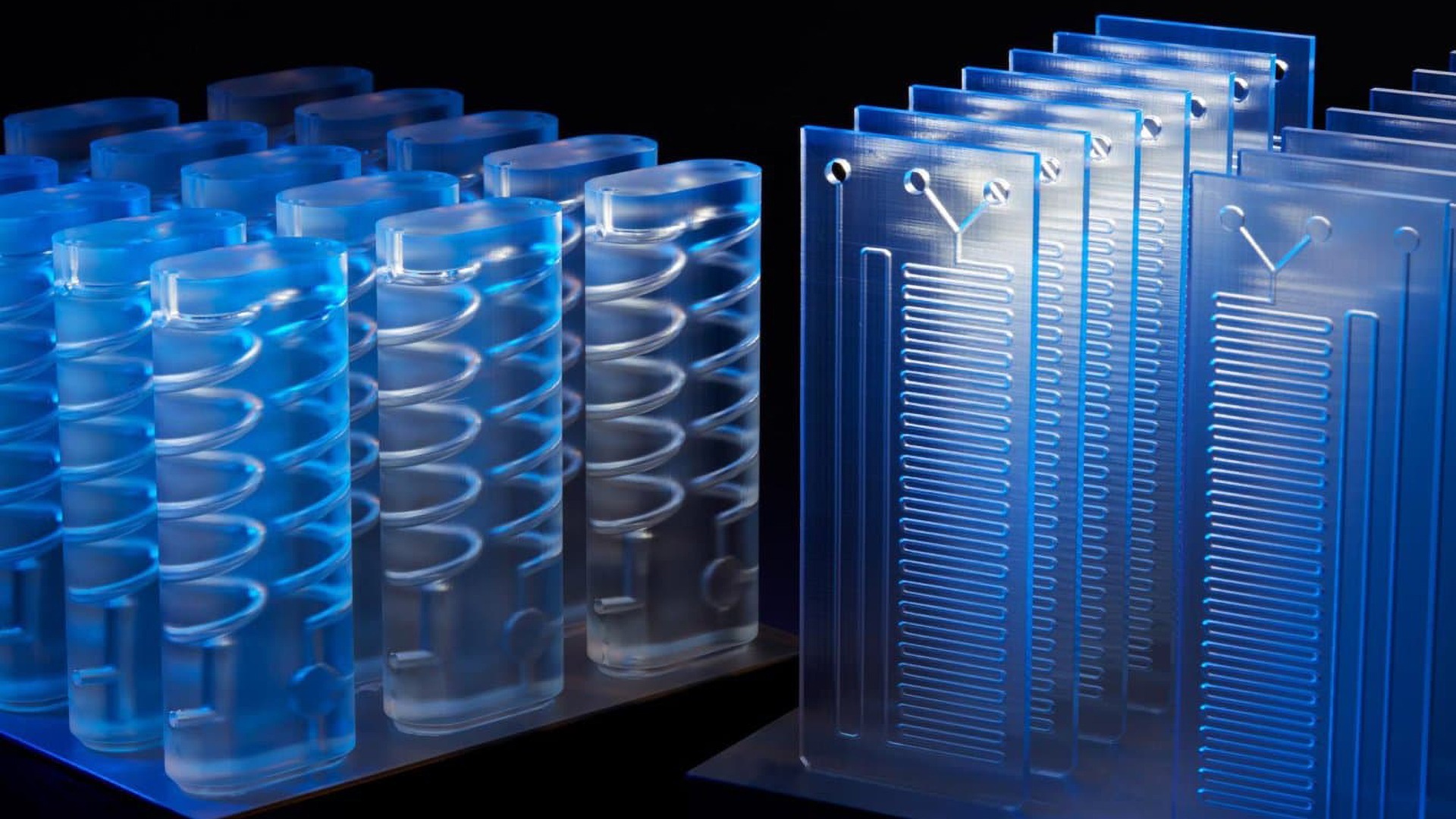How can 3D printing help your research?
3D printing was first developed in the 1980s but has recently become increasingly popular. Access to new materials and more advanced printers have made 3D printing viable for creating everything from prosthetics and dental implants to synthetic meat and even houses. For researchers in the Life science field, 3D printing can be used to create custom-made lab equipment, drug delivery systems or even to print tissue. The possibilities are simply endless.
U-PRINT, is a core facility at Uppsala University that help researchers, companies and innovators with design, method development and fabrication using state-of-the-art additive manufacturing technologies for life science applications. The development include generation of custom labware, state-of-the-art fluidic systems, patient-specific anatomical models, bioprinting of advanced tissue models and instrument construction.
Additive manufacturing, also known as 3D printing, is an umbrella term used to describe a number of technologies that uses addition of material to manufacture components, often in a layer-by-layer fashion. There are several manufacturing benefits to producing components in this manner, including a very high degree of geometrical design freedom, possibilities to manufacture using new materials and novel combinations of materials, and often cost benefits compared to traditional manufacturing technologies.
Currently, U-PRINT is funded by the disciplinary domain of Medicine and Pharmacy at Uppsala University and local SciLifeLab Uppsala SFO funds. Since U-PRINT started in 2016 they have helped more than 140 researchers with 1500 print jobs. The majority of U-PRINT users are based in the Stockholm-Uppsala region but they are committed to reach more users on a national level.
If you are interested in how additive manufacturing could be used to accelerate your research you can contact U-PRINT by visiting the SciLifeLab order portal.





